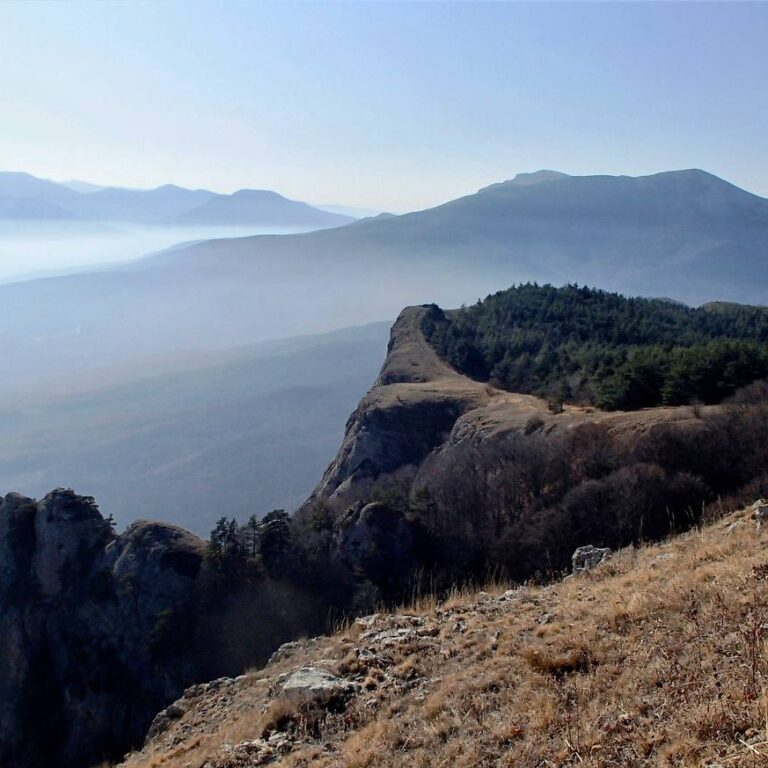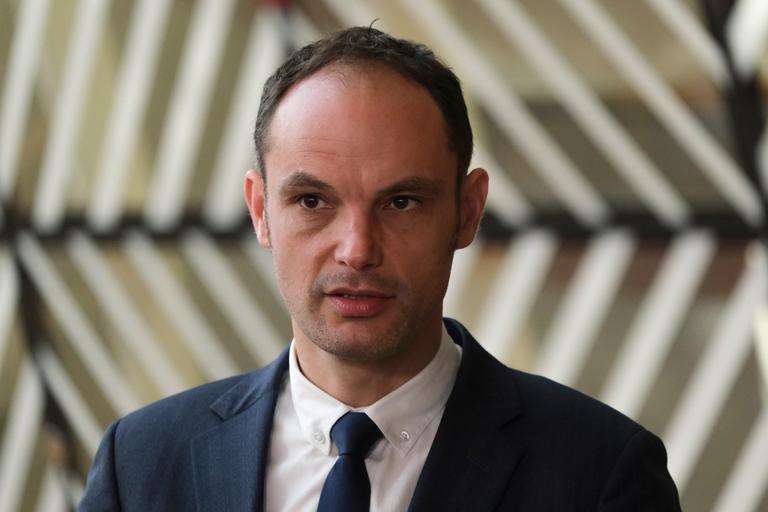As history shows, authoritarian regimes regularly resort to changing “election legislation” on the eve of elections. But the purpose of such changes is not the implementation of the principle of “convenience and security”, as is often stated, and not the improvement of the “electoral process” or its “democratization”, but the retention of power at any cost through the introduction of new schemes for falsifying the results of “voting” and making the results of “elections”, in the eyes of the world community, as “legitimate appearance”. How the aggressor country plans to conduct criminal “re-elections” of its leader in the occupied territories of Ukraine and from what “budget” they will be financed, was researched by Associate Professor Andrey Chvalyuk specifically for the Association of Reintegration of Crimea.
“Russian presidential elections” will last from March 15 to 17, 2024 and for the first time in history will be multi-day. This is part of a planned mechanism to attract pro-Kremlin individuals and create an image of “active voting”. For those who did not make it, they will be required to use a “specially created for the presidential election” mobile application. But if individuals ignore the elections, “software methods of counting electronic votes” will still show the results the Kremlin needs. According to the illegal decree of the Russia’s Central Election Commission of December 20, 2023, the so-called “remote electronic voting in elections using federal state information systems” will be carried out not only in a number of Russian regions, but also on the occupied peninsula.
Let us recall that “electronic voting as an experiment” was first carried out by the aggressor on the “single voting day on September 8, 2019” and during the elections of deputies to the Moscow City Duma of the VII convocation. The aggressor’s “experts” themselves wrote that “the operation of the system was not flawless”; then the system was broken by cryptographer Pierrick Gaudry, and expert and programmer Evgeniy Fedin identified a script in the system code that made it possible to make any changes to the code, including falsifying voting results. As a result, as stated in Russia itself, “monitoring the voting process turned out to be very complicated”, “the system was not automatically updated and, due to system failures, voters were not given electronic ballots and statistics were not updated”. Then Moscow “employees of the information technology department” “twice independently turned off and restarted the system, manually contacted voters who could not vote, calling them and sending them SMS messages, and re-issued ballots”.
However, this mess naturally did not stop the aggressor, who subsequently installed “digital polling stations” in Moscow so that “residents of the Russian constituent entities, being in Moscow, could take part in elections in their regions”. To purchase equipment and conduct this “experiment,” the Russia’s Central Election Commission signed an agreement with the “Avtomatika” concern, a subsidiary of the Russian state corporation “Rostec”, but the financial component of the agreement was predictably not disclosed.
The aggressor’s “2023 election campaign” showed that “remote electronic voting”, as expected, gives a total advantage to “United Russia” and even in the “2021 State Duma elections” the “electronic voting system” showed that it is possible to get any “results” , regardless of the preferences of the population in general and participants in the electoral process in particular. Indeed, even complete ignorance of the “elections” by the population will remain invisible to “observers”, and the aggressor’s election commissions will predictably report that all citizens allegedly “took advantage of the new electronic voting function”. But the most interesting question is the issue of funds, because if the results of “Putin’s re-election” are obvious, both from the pre-drawn figures and from their fakeness, then the money being laundered is quite real.
Article 57 of the federal law “on the elections of the President of Russia” declares that all “costs associated with the preparation and conduct of the elections of the President of the Russian Federation”, “ensuring the activities of election commissions during their term of office, the use and operation of automation equipment”, as well as such enchanting tasks such as “increasing the legal culture of voters and training election organizers”, are carried out “by election commissions at the expense of funds allocated for these purposes from the federal budget.” However, it also contains a norm that “grants the right” to local authorities to “allocate funds from their budget to assist” the “elections of the President of the Russian Federation,” in particular for “informing voters” and for “additional wages for voting members of election commissions”.
And let the crafty wording about the “right to allocate” not be misleading, since in the resolution of the aggressor’s Central Election Commission No. 144/1095-6 on “the procedure and volumes of financing the expenses of election commissions of the constituent entities of the Russian Federation to ensure their activities”, the local authorities of the aggressor are clearly and without alternative ordered to spend on the “Presidential Election” show. It is on the regional budget that the aggressor places the burden of “monetary support for members of election commissions of the constituent entities of the Russian Federation working on a permanent basis”, and “employees of the commissions’ apparatuses,” and such interesting “little things” as “expenses for paying rent, communications equipment, security, purchase of equipment and its maintenance, payment for transport services, medical and social services for members of election commissions, employees of the apparatus of these commissions”, and for the most “specific” certain “other expenses for ensuring the activities of election commissions”.
As you can see, any “regional money” will be written off as “assistance in the preparation and conduct of presidential elections,” both in Russia and in the territories of Ukraine, occupied by it. But the illegal “novels of the electoral legislation” of the aggressor do not end there, because the ballot swindlers outlined the above-mentioned “informing voters” in a separate “klondike”, which in the occupied territories takes on the classic features of a “country of fools”.
It will be possible to write off a lot on “commission fees”, because “for some reason” in the occupied territory there are more illegal staff than in Russia itself; for example, the number of “employees of the apparatus of election commissions” in the “republic of Crimea” is drawn by the aggressor at 100 people, and in general the number of “employees of the apparatus of election commissions” illegally formed by the aggressor in the occupied territories of Ukraine reaches 483 people, despite the fact that in Russia itself such personnel 4031 people were enrolled. To the occupation personnel, 18 “voting members of election commissions” should also be added; 3 people in each occupied region of Ukraine.
The specific amounts of “partial financing” of the “Putin re-election” show were outlined by the illegal resolution of the Central Election Commission of Russia No. 142/1088-8, and it is this that speaks of the corresponding “estimates” for the occupied territories. For example, in occupied Crimea, from 313.6 million rubles, 272.1 million (87.6 %) will be written off at “precinct election commissions”; 247.5 million (78.9 %) will be laundered in “wages” and the majority, again, in “precinct commissions”, namely 218.8 million, or 69.7 %. Quite similar figures are in occupied Sevastopol: from 83.5 million rubles, 67.4 million (80.7 %) will be laundered at “precinct election commissions”; 63.1 million (73.4 %) on “salaries”, including 52.8 million (63.2 %) on “salaries of precinct commissions”.
Similar criminal arithmetic is observed in Donetsk and Lugansk; however, regarding the occupied Kherson region, out of 126.7 million rubles, only 60.9 million (48 %) will be written off at “precinct election commissions”; and 40.2 million or 31.7 % will be spent on “payroll” for “precinct commissions”. A similar proportion is observed in the occupied part of the Zaporizhzhya region, where from 232.1 million rubles, 161.7 million (69.6 %) will be written off at “precinct election commissions”; and 113.3 million or 48.8 % will be spent on “payroll” for “precinct commissions”. The main reason for the “disproportion” should be stated as the “personnel shortage” of the aggressor in the mainland South of Ukraine “on the ground”, where, due to the absolutely minimal number of collaborators, the “precinct commissions” will be small in number with the maximum inflated number of supervisors in the “capital” Henichesk and Melitopol.
And if only certain collaborators will receive rattles like the “honorary badge of the Russia’s Central Election Commission” “for services in organizing elections,” then money laundering based on “financial incentives” will be large-scale, since “the amount and procedure for paying additional wages” are “established by the election commission of the relevant subject”, that is, for themselves. At the same time, some other scams such as laundering hundreds of millions of funds “to support the activities of the election commission of the republic of Crimea” not only on office paper, but also on electric kettles are not surprising.
And now we need to get back to spending on “voter education”; within its framework, for the first time in the occupied territories, and purely in Soviet style, during the fake project “InformUIK”, from February 17 to March 7, 2024, “every house-to-house visit” will be simulated. In addition to the obvious tasks of increasing “turnout” and intimidating with the prospects of non-participation or “incorrect participation” in the “Putin re-election” during the “bypass”, funds will be written off for “equipment of commission members,” namely “white vests, a tablet with a mobile application, a branded bag and a booklet”. Funds will be laundered at “training seminars for linemen” and at “training sessions for project coordinators” also.
Finally, we should point out the aggressor’s banks through which the corresponding “selective” financial scams will be carried out: for the occupied Crimea and Sevastopol it will be “Sberbank of Russia”, and in the occupied South mainland, where the aggressor did not open this institution, funds will be laundered through “Promsvyazbank”. Let us recall, that in relation to both of these structures, we have repeatedly covered the components of their participation in the financing of terrorism and the militarization of the Russian-occupied territories of Ukraine.







